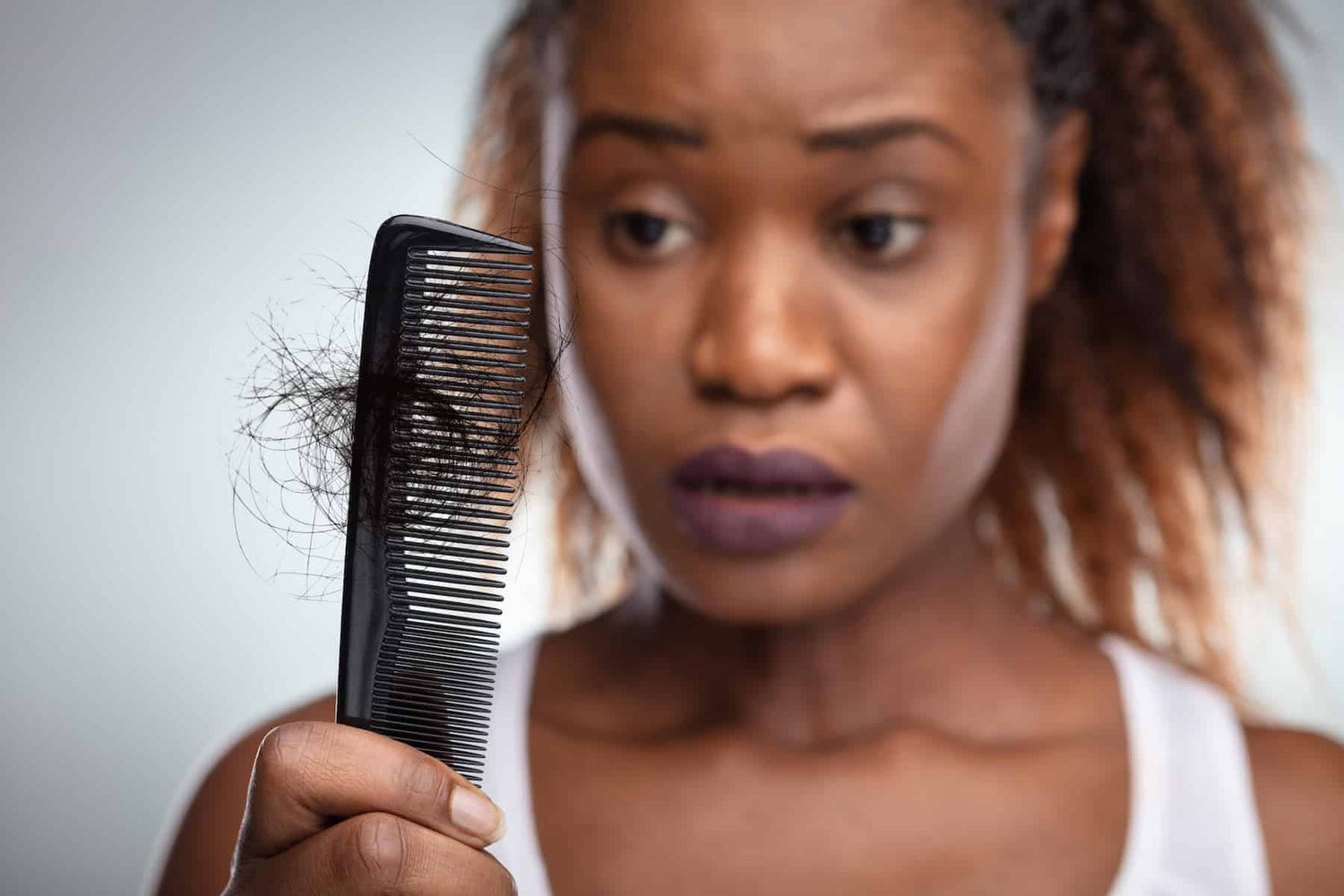
Underlying Causes of Hair Loss
-

Hormones
Hormonal changes play a significant role in hair loss. Conditions like pregnancy, menopause, and thyroid problems can alter hormone levels, leading to temporary or permanent hair loss. Androgenetic alopecia, often referred to as male or female pattern baldness, is also driven by hormones and is the most common cause of hair loss.
-

Genetics
Your genes can significantly influence your likelihood of experiencing hair loss. If you have family members who have gone through similar issues, you might be more prone to experiencing it as well. This genetic predisposition affects the sensitivity of your hair follicles to certain hormones, leading to thinning hair and baldness over time.
-

Medical History
Certain medical conditions and the medicines used to treat them can lead to hair loss. For instance, cancer treatments like chemotherapy are well-known for causing temporary hair loss. Other conditions, such as autoimmune diseases (e.g., alopecia areata) and iron deficiency anemia, can also contribute to the issue.
-

Scalp Issues
The health of your scalp plays a crucial role in hair growth. Problems such as psoriasis, fungal infections, and dandruff can interfere with the hair growth cycle, leading to hair loss if not properly managed.
-

Stress & Environment
Physical and emotional stress can trigger temporary hair loss, known as telogen effluvium. Significant stress pushes hair follicles into a resting phase, leading to increased shedding and thinning. Environmental factors, including exposure to pollutants and harsh weather conditions, can also weaken hair and exacerbate hair loss.
-

Hair Treatments
Frequent use of chemical treatments, heat styling tools, and harsh hair products can damage the hair and scalp, leading to breakage and hair loss. Over-styling and tight hairstyles that pull on the hair, such as ponytails and braids, can cause a type of hair loss known as traction alopecia.






